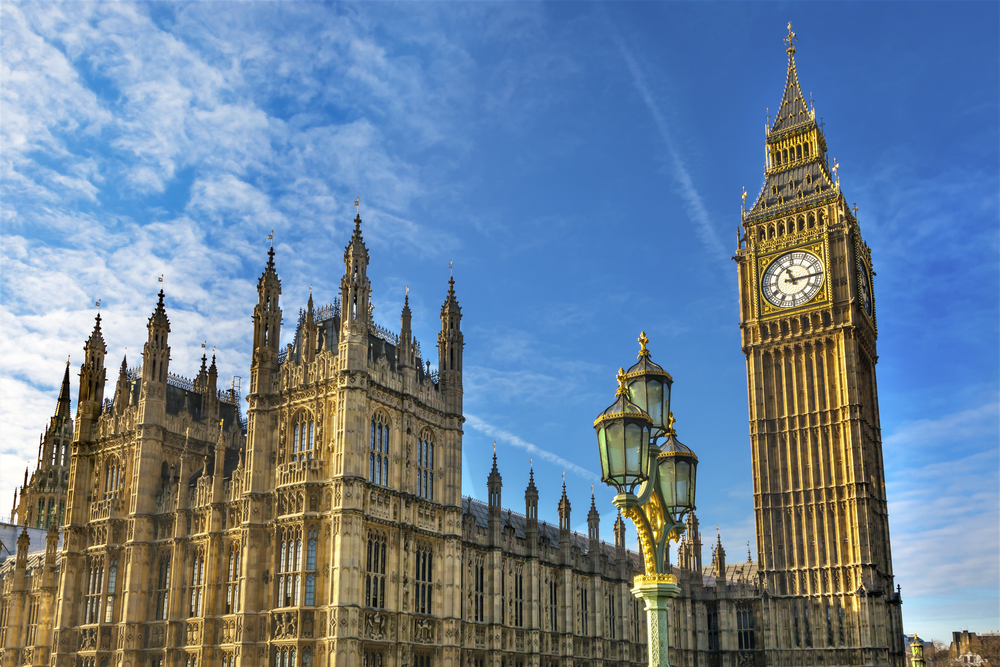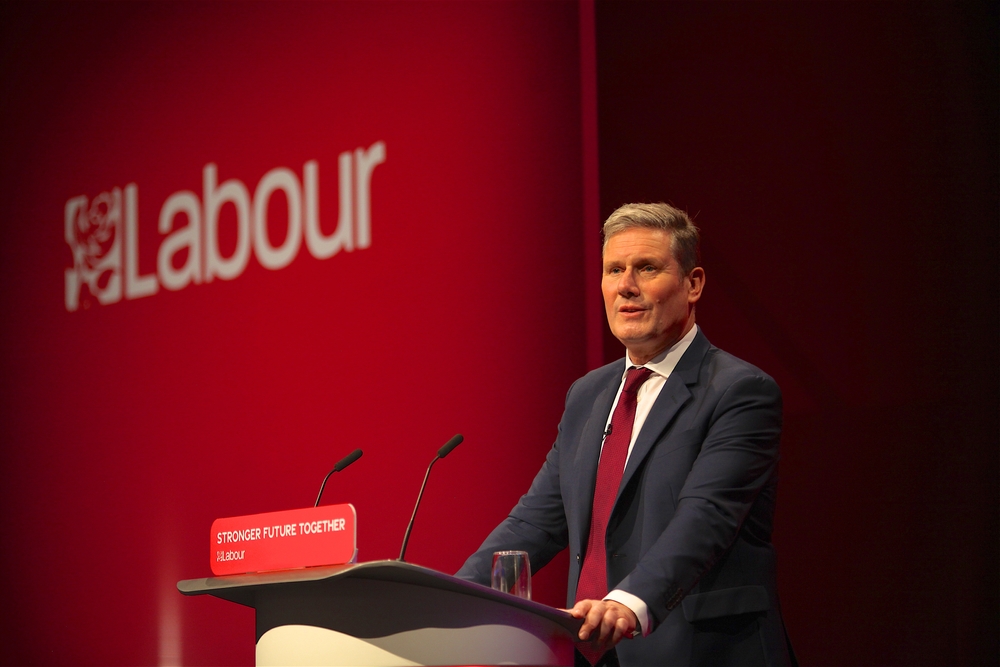Rollback and betrayal by the government
In the King’s Speech last week, the Government’s commitment to North Sea oil expansion was reiterated. British Prime Minister, Rishi Sunak, first announced on 31st July the move to increase oil and gas extraction in the North Sea (with 100 new drilling licences to be granted to the highest bidders). Since then, Sunak has pushed the ban on new petrol cars back five years from 2030 to 2035 and announced that landlords would no longer need to make their properties meet energy efficiency targets. These recent policy announcements are part of the Government’s plan to draw battle lines ahead of the general election next year, i.e. play politics with the biosphere.
Conservative rollback on green initiatives shouldn’t come as a surprise. Indeed, this is part of a pattern of behaviour demonstrated several times previously by this government. Sunak himself decided against attending COP27 in November last year before, in a ‘screeching u-turn’, announcing he would after all attend. Why? Because would-be political rival Boris Johnson announced he would attend.
You would think the gravity of the ecological threat, and the fact the UK has committed to net zero by 2050, would be enough stimulus for the British Prime Minster to attend an international conference consisting of heads of states and countless ‘important’ delegates. But no. He couldn’t even pretend to care. What motivated him to attend was internal Tory party maneuvering and politicking.
Sunak’s own Foreign Office minister, Zack Goldsmith, resigned from his post over what he described as the PM’s “apathy” towards the environment. This came after it was proven that the government would fail to meet its COP26 pledge to send £11.6bn to vulnerable countries bearing the brunt of climate change.
Labour is no different
Without question this government is failing in the face of the climate emergency. The truth is, however, that the Opposition is no better. Labour had previously committed to investing £28bn on climate measures each year until 2030, but has now said it would reach this figure in the middle of its first parliamentary term – the majority of which would be domestic spend. Labour leader, Kier Starmer, has thus far refused to commit to the £11.6bn funding mentioned previously. It is worth highlighting that the £11.6bn figure was the UK’s flagship pledge from COP26.
Labour’s Shadow Chancellor Rachel Reeves most recently backtracked on the party’s green prosperity scheme – which pledged to invest £28bn per annum to assist the UK reaching it’s 2050 net zero target. Reeves opined that ‘economic stability, financial stability, always has to come first’. This is of course all in line with Labour’s lurch towards fiscal conservatism, which has seen the party sacrifice a number of cornerstone policies and ideological tenets on the altar of ‘become-the-Tories-to-gain-power’.
Both parties are wavering on green commitments – and let’s face it, they are the only two parties that matter. First-past-the-post creates an impregnable two-party system. Not only are they putting economic growth and GDP before climate action – even though climate breakdown will kill millions, displace many more, and cost more money than what policymakers can scarcely imagine – they’re also putting petty electioneering ahead of it.
Take the example of Sadiq Khan’s Ultra Low Emission Zone (ULEZ). A successful Conservative misinformation campaign in the Uxbridge and South Ruislip by-election, whereby they depicted the scheme as impacting all drivers (when in reality it is estimated to impact 1 in 8 drivers), resulted in Starmer blaming the scheme for the loss and calling for a rethink on the policy. Likewise, many Tory MPs are calling on the government to revise its net zero commitment. Can’t let a summer of record-breaking heatwaves get in the way of electoral strategy!
Meanwhile the Secretary of State for the Department for Energy Security and Net Zero, Grant Shapps, is calling Labour ‘the political wing of Just Stop Oil’. Shameless, bare-faced lies. Point scoring and populist pandering to the lowest common denominator. Tory party strategy is now to politicise climate action – Sunak has now ordered a review into the ULEZ scheme, declaring he is ‘on the side of drivers’.
Why it’s worse than you think
Our political system and our political parties submit to capitalism, and therefore to the growth imperative – the false belief that you can have infinite growth on a finite planet. This is why climate pledges are empty. It is why any party that nears the corridors of power will have to gradually strip away its green pledges and policies.
The reality is, COP summits and net zero by 2050 are both deceptive greenwashing scams. After 27 years of COP summits, the trajectory remains the same. Net zero within 27 years to try limit global temperature rises to 1.5C by 2100, yet the scientific consensus is overwhelmingly that we do not have the luxury of 27 years. It’s all PR, no action. Governments can take radical and rapid action to decarbonise if they wanted to. One only has to look at the swift and substantial response to the Covid 19 pandemic. The willpower is not there because our elites frankly care more about GDP than they do the planet. Short term profits and thirst for power reign supreme. It doesn’t matter if it’s the Conservative or Labour parties. Neither party can be bothered to stick to weak greenwashing pledges, why would they commit to actual, meaningful, and tangible efforts to save us from extinction?





